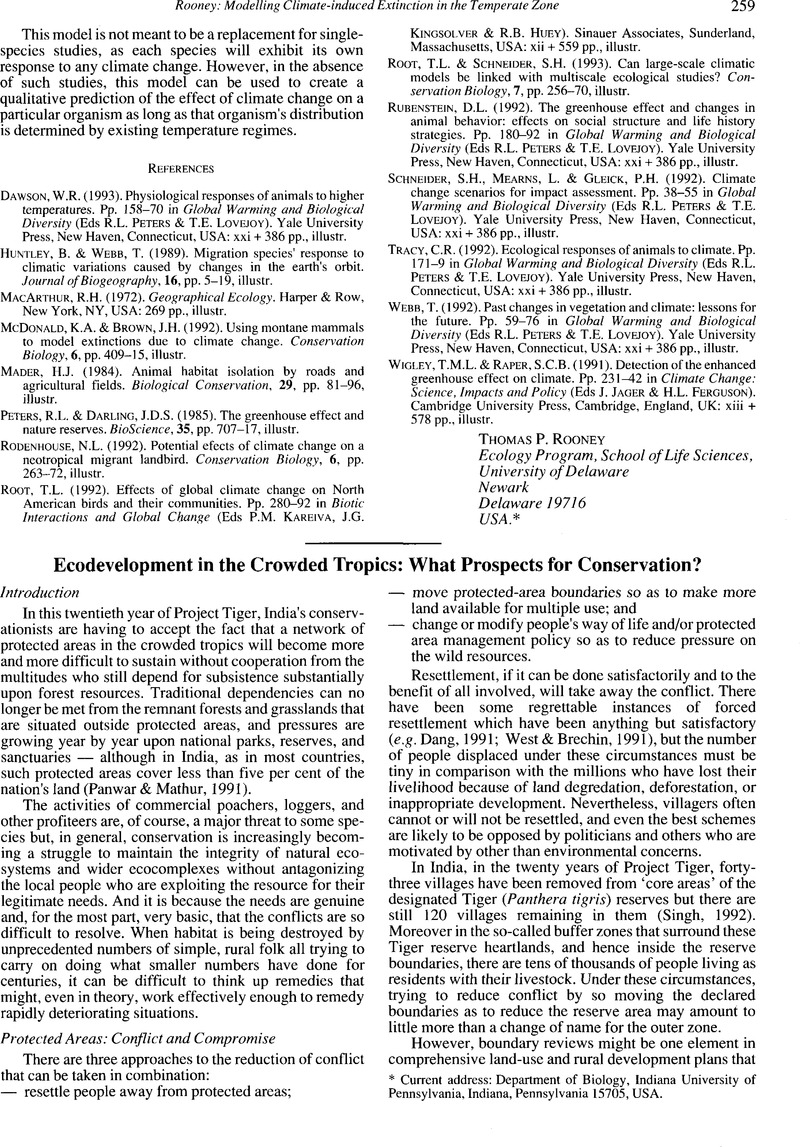Crossref Citations
This article has been cited by the following publications. This list is generated based on data provided by Crossref.
Bolton, M.
1997.
Conservation and the Use of Wildlife Resources.
p.
231.
Venkata, V. Ramana
Reddy, P. Bucha
Rao, C. Mallikarjuna
and
Somayajulu, G.
2015.
Proceedings of the 2002 Academy of Marketing Science (AMS) Annual Conference.
p.
124.



